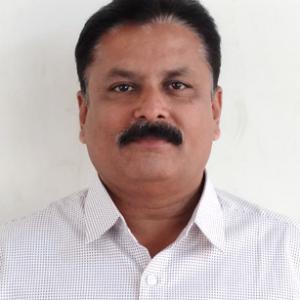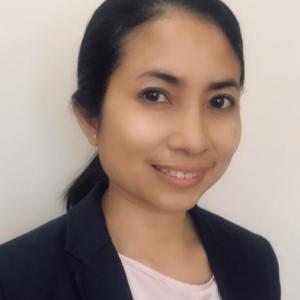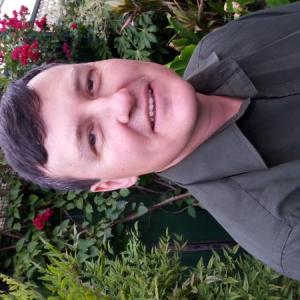Short description:
Dr Kouhi Esfahani is a Teaching Fellow at the School of Government and International Affairs, Durham University, UK and the author of "Iran's Foreign Policy in the South Caucasus: Relations with Azerbaijan and Armenia". Her special research focus is Iran's politics and foreign relations and the wider research interest is security developments in the Middle East and South Caucasus.
Short description:
Dr. R. Shashi Kumar is a Professor and Chairman, Department of Economics, Bangalore University, Bangalore, and Director of the UGC Centre for the Study of Social Exclusion and Inclusive Policy, India. His main research interests are in international trade and agricultural economics. He teaches in the areas of economic development, international economics, agri-business, research methodology and economic integration. To address these issues, he employs a mix of theoretical and empirical methods.
Short description:
I am Associate Professor in Development and Conflict at Durham University (UK) with 20 years of research and working experience in the Horn of Africa, mostly in Somalia and Kenya. My main research is on violent conflicts and wars, state-dynamics, and international peace and statebuilding. Currently, I focus on the link between violent conflicts, displacement and urbanisation and have finalized a research project that looked into war-induced urbanisation in Somalia from the view-point of displaced people (securityonthemove.co.uk). Another research project uses port cities as example to explore how (international) political dynamics shape infrastructural developments, and how these developments shape cities and are experienced by its residents. All my research projects explore global-local encounters and the way in which global processes are realized and experienced in particular contexts and settings and shape live-worlds of people.
Short description:
Dr Mukdarut Bangpan is an experienced researcher with particular interests in social interventions, gender equality, gender analysis, livelihoods and well-being of children and women in developing countries, methodological development of research synthesis, and research impact. Her recent research focuses on access to health and education for migrants, sexual health decisions of young women, and mental health and psychological well-being of populations affected by humanitarian crises. She works with international partners building capacity in evidence synthesis with policy and academics in South East Asia region. She is a co- author of a practical guide to conduct rapid reviews to support decisions in health systems. She leads and conducts a wide range of systematic reviews including mixed-methods reviews, meta-analysis, realist review, evidence gap map, rapid evidence assessment, qualitative synthesis.
Short description:
Dr. Emma Adam is an expert on social, contextual and developmental influences on stress biology and sleep in children, adolescents and young adults. She has examined the origins of racial/ethnic and socioeconomic disparities in stress, stress hormones and sleep, and the implications of these factors for emotional health, physical health and academic functioning. She is currently conducting multiple intervention projects designed to reduce youth stress and improve youth coping and outcomes.
Short description:
I am an Australian academic economist based in Melbourne. My research fields are Labour Economics and the Economics of Education, and my research is empirical. I have a particular focus on the Australian labour market (and the effects of technology, trade and policy on individual outcomes). I also focus on the determinants of education attainment.
Short description:
Reinvention of societal infrastructure is the only bridge towards improving the quality of lifestyle for 8 billion people.
Humanity is limited by what we think we can do, not what we can do and by a lack of willingness to fail. Our team has tried and failed many times and our success in making a difference in education, especially for the most disadvantaged is our obsession. We have learned that major disruption is mostly non institutional and it takes non governmental organizations and the community to support governments in meeting the needs of an exponentially growing population. As axes of innovation increase, possibilities for solutions to humanities greatest challenges increase. The lower the cost of experimentation afforded by exponential technologies such as Computing Power, Virtual Reality, Artificial Intelligence, Cloud and Blockchain has enabled a billion times capacity to innovate in education. Radical transformation in education will result in exponential increases in all areas that impact GDP such as agriculture and food, housing, health, transportation and manufacturing. The future is better that we think and we are excited to have you join us in this journey.
Short description:
I am Associate Professor at the Department of Economics of the University of Reading. I am an applied economist with a background in regional science and labour economics. My research focuses on inequality in labour market outcomes by gender, ethnicity, and disability; unemployment and on-the-job search.




